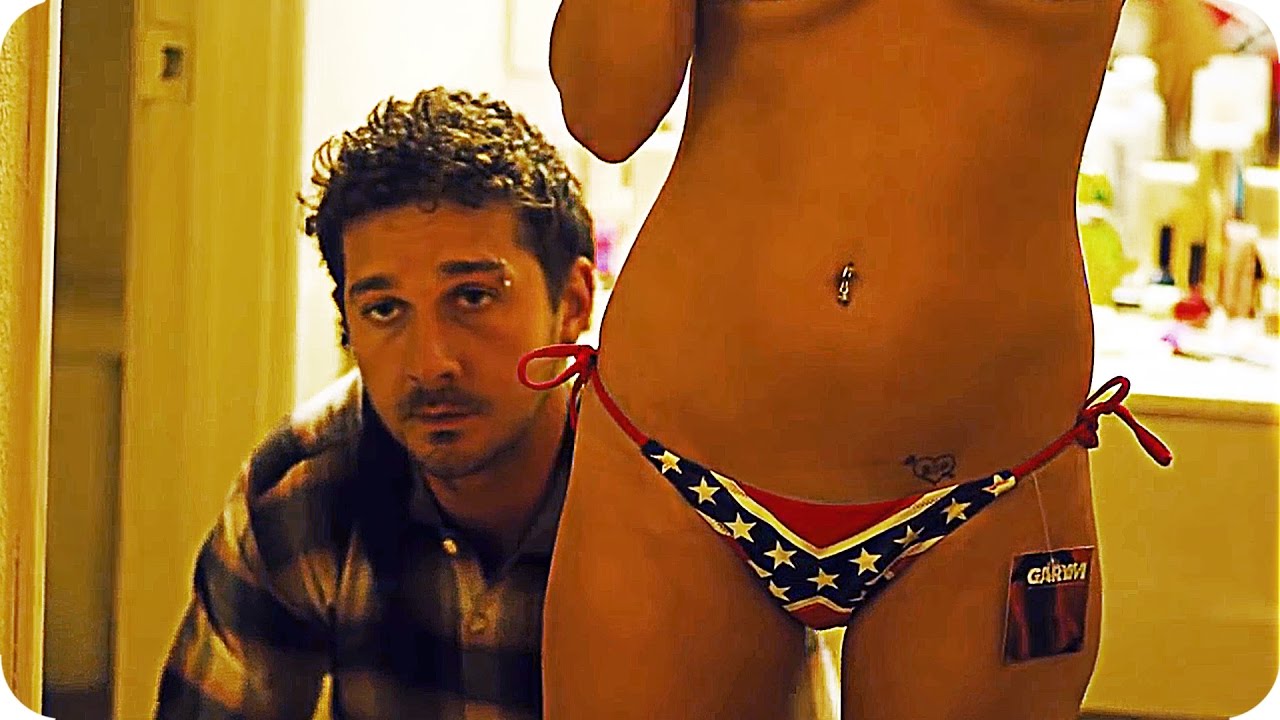Critical responses to American Honey seem to fall into two camps: those who loved its portrait of outsider culture and female empowerment, and those who felt, in the words of my friend and noted critic Charles Bramesco, that it was”just feral white kids ecstatically and unabashedly screaming the N-word over barely listenable trap-rap.”
With all due respect to Charles and his insufferable euphemism — a kowtowingly polite dodge that actually affirms white supremacy — this is a hot take that needs some cooling.
American Honey, as it turns out, is smarter than all that. It is a pitch-perfect image of life on the margins, struck through with racial anxiety, class antagonism, and gender dysphoria, all conveyed through striking moments of sunny dislocation. It’s a film about how we live.
This is clearest in one of the film’s most iconic scenes. Our hero, Star (non-actor Sasha Lane, in a film full of non-actors) is trying to acclimate herself to this weird new world. She skipped out of her previous one, underwritten by abuse, and finds herself in the company of these idiot kids selling magazine subscriptions. Director Andrea Arnold films this transition as a collection of moments of wonder, a weird confluence. While E-40 plays in the heartland, Star navigates her new world.
Somehow, white critics miss several things. First of all, Star is not white. This is a crucial aspect of the narrative. Secondly, those “feral kids” are intended for comic relief, to a certain degree, but they also speak to the dire poverty and lack of options that pervades the midwest. Their attempts at living the life they hear about in songs is the exact root of their alienation. It’s impossible to watch this clip without seeing unmoored children, which is the point. The appropriation springs from an absence.
Of course, Star’s attempts to reach out is an entirely relatable vision of home-searching: her care for insects, her patronage of the lesser respected women in the circle, and her furious notion that she can make it out. Her love interest — Shia LaBeouf, never even close to better — marks this, as well. He’s saving up money. He’s going to buy a place in the woods.
Sure he is.
American Honey will one day be seen as a chronicle of the rootlessness that defines an entire generation of kids. You can see it right away, if you’re looking. The very act of miming and mimicking hip-hop songs is part and parcel. Arnold implies, rather hopefully, that we can get out of it — we can care for a turtle, we can wade into the water.
Here’s hoping she’s right.

